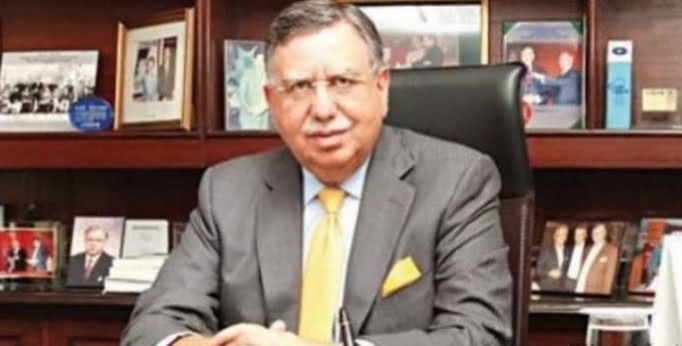ISLAMABAD, June 11: The government of Pakistan here on Friday proposed its financial budget for the next fiscal year with plans to focus on the China-Pakistan Economic Corridor (CPEC) and sustainable development goals (SDGs) for the country’s economic development, creation of employment opportunities and poverty alleviation.
The country’s Finance Minister Shaukat Tarin, who presented the budget in the National Assembly or the lower house of the parliament for the fiscal year ranging from July 2021 to June 2022, said that the government will focus on the CPEC projects, including the Gwadar port and special economic zones (SEZs) to create jobs and push the growth wheel for the country.
Further tax relaxations will be given to investors interested in the SEZs under the CPEC, the minister added.
Tarin said that the government has proposed 9.3 billion rupees (about 59.653 million U.S. dollars) for the development of the CPEC railway project Main Line-1 in the next fiscal year to improve the North-South communication of the country and to facilitate commuters and traders.
Tarin proposed a total budget of 8,487 billion rupees for the financial year starting July 1, 2021 with a fiscal deficit of around 6.3 percent of GDP, including 2,135 billion rupees for the public sector development program, increasing the funds by 37 percent against the current year’s development allocations.
The minister added that the country would manage to get 1,246 billion rupees from foreign lenders and 2,417 billion rupees from locals while the government will also spend 3,060 billion rupees for interest payments.
According to the proposed budget, Pakistan’s defense service budget in the next fiscal year will be 1,370 billion rupees, 16 percent of the total budget, a drop from the 18 percent allocation in the previous budget.
The planned budget has also set the tax collection target for the Federal Board of Revenue at 5,829 billion rupees for the next fiscal year besides announcing tax reduction for several sectors, including banking, businesses, telecommunication and local manufacturing of cars, trucks, tractors and heavy bikes.
The government has also allocated a budget of 1.1 billion U.S. dollars to purchase COVID-19 vaccines to meet the target of 100 million people’s vaccination by June next year, said the minister, adding that another amount of 100 billion rupees will also be spent as a COVID-19 emergency fund.
Tarin said that the government has allocated special funds for hydropower projects, anti-carbon emission projects, tourism, special technology zones, public housing loans, agriculture development and power distribution.
The minister said the government had taken special initiatives which would help it to achieve the set GDP growth target of 4.8 percent in the next fiscal year.
Starting from June 14, 2021, the house will start a debate on the proposed budget for the next 10 working days, after which the house is likely to conduct voting to approve the budget on June 28. Following the approval, the budget will be presented before the Senate or the upper house.
















